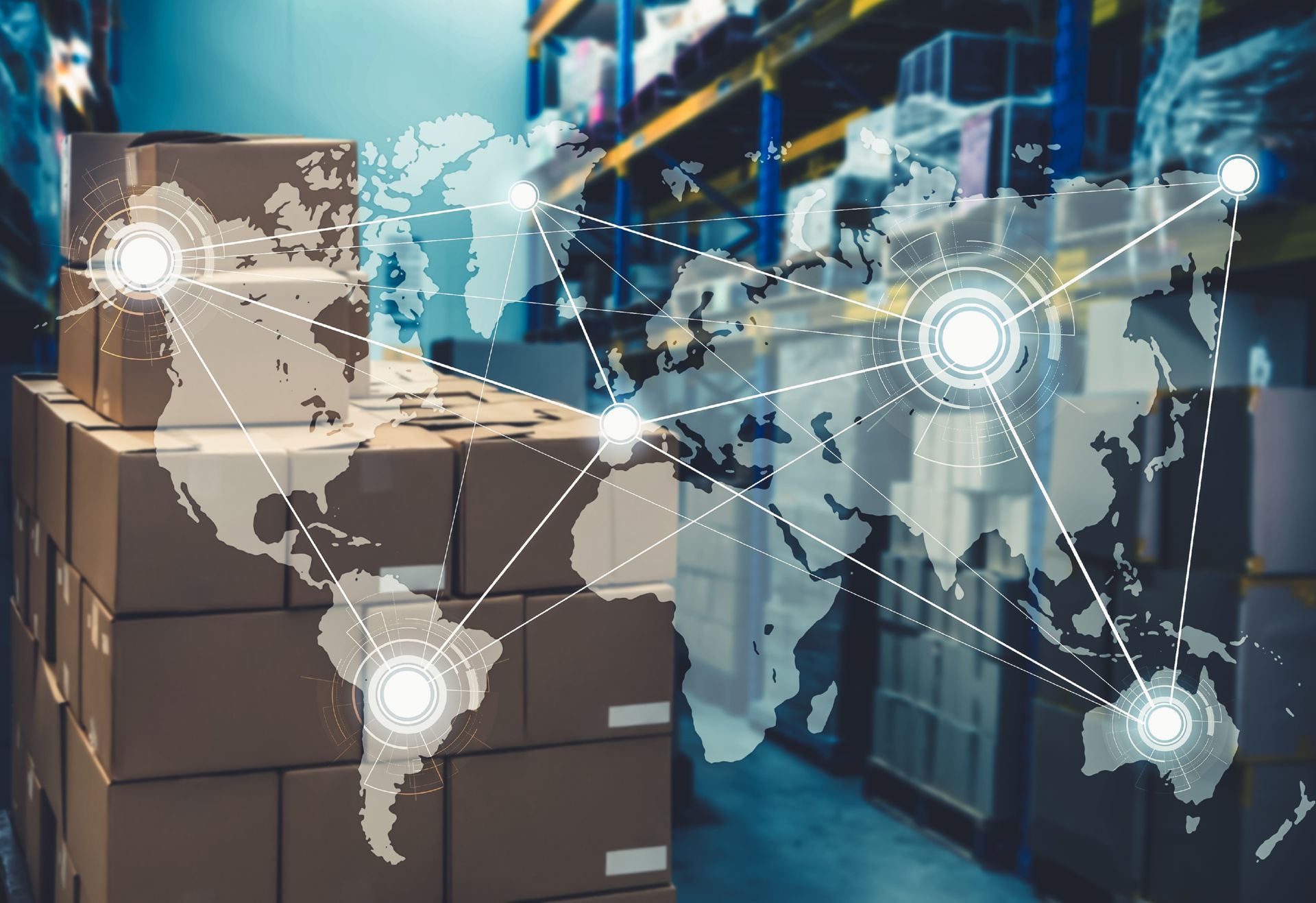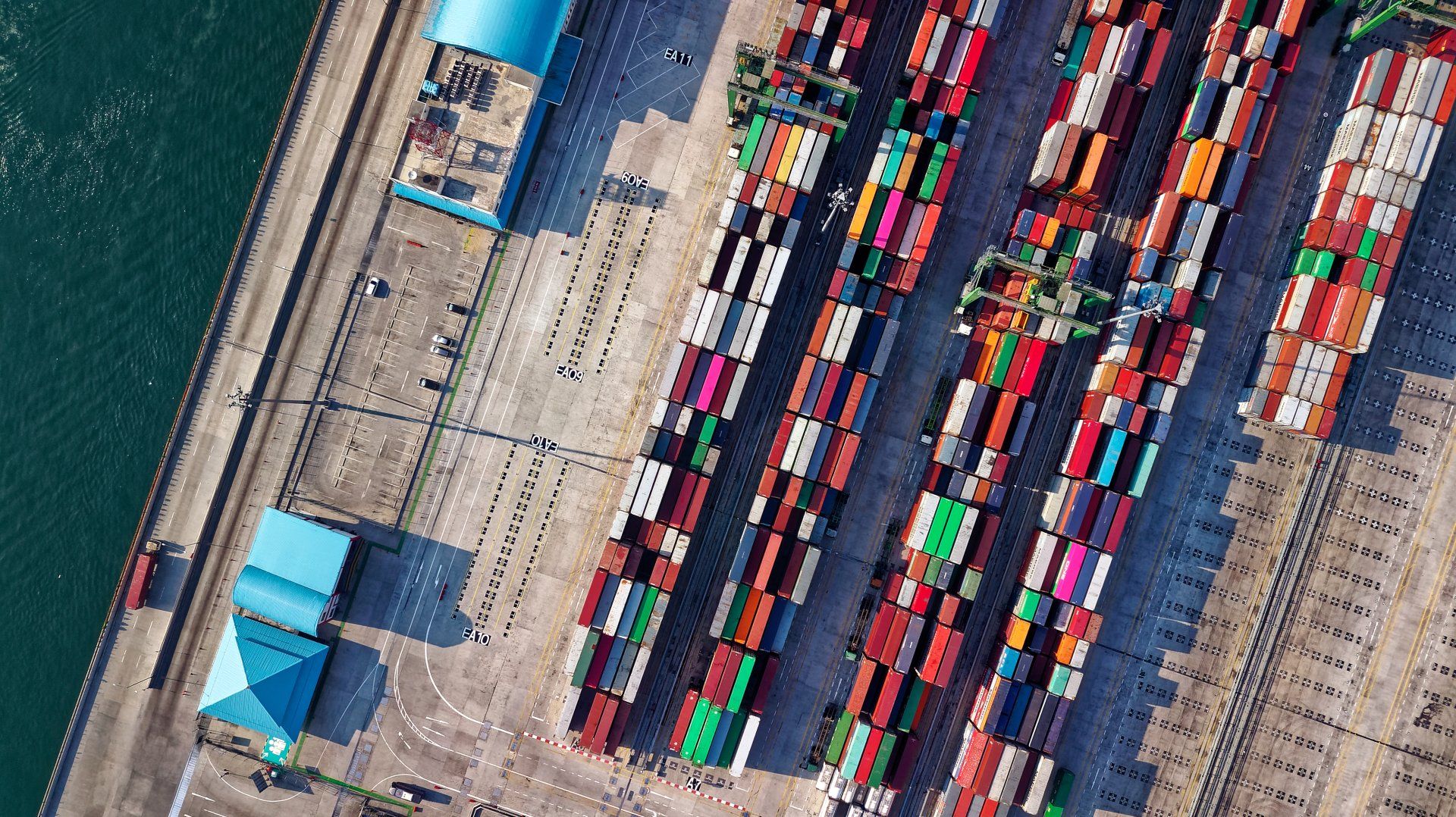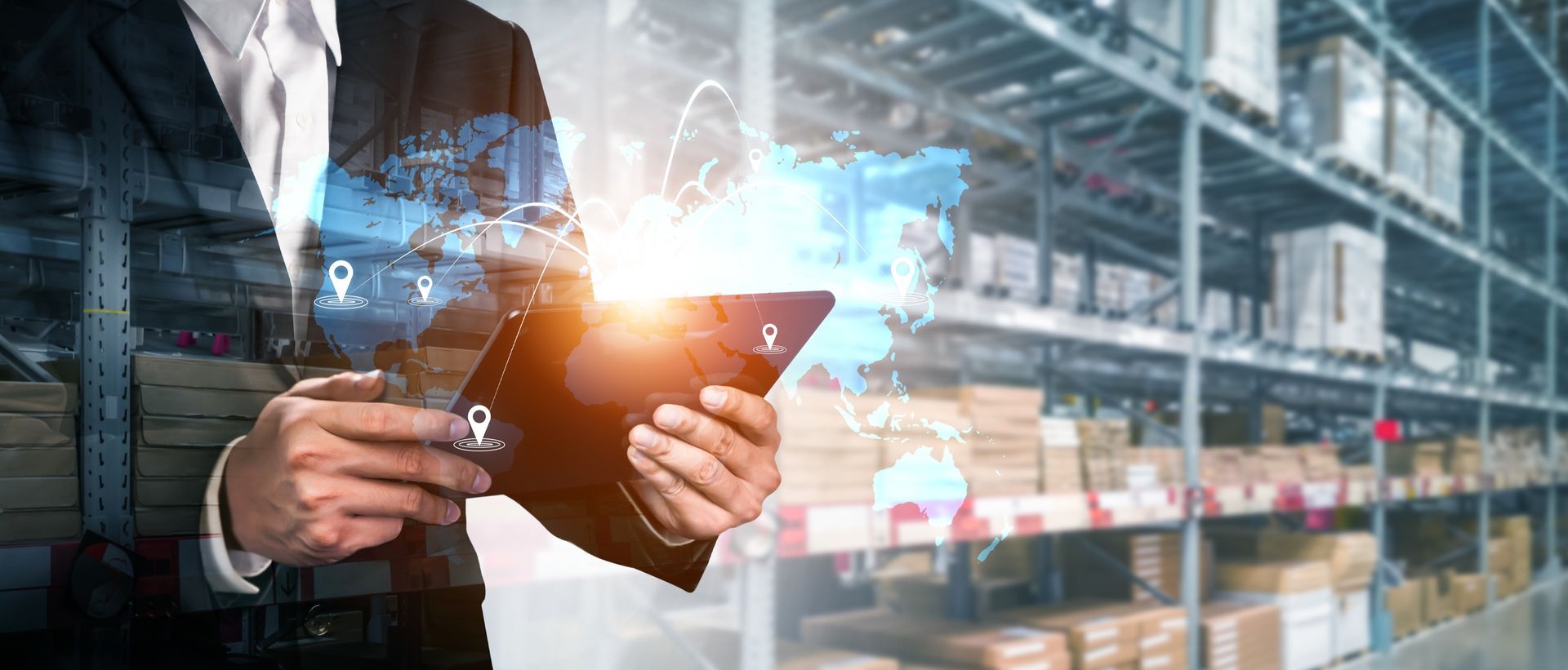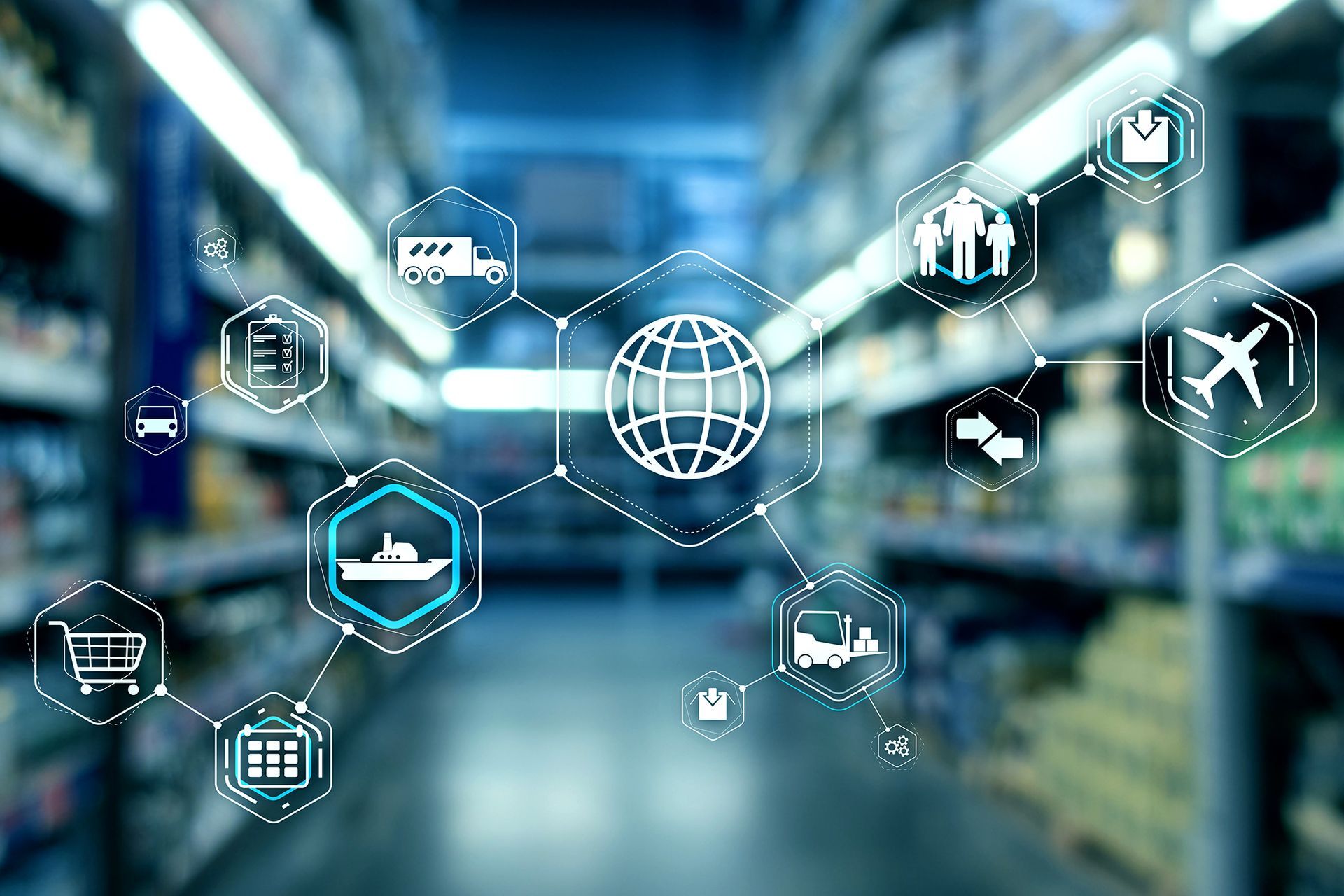Smart factories are becoming a reality with emerging innovative technology
There is a significant need for IoT to be more widely implemented into the manufacturing industry. This includes the numerous benefits of predictive maintenance, agile production, and a greater need for operational efficiency and control.
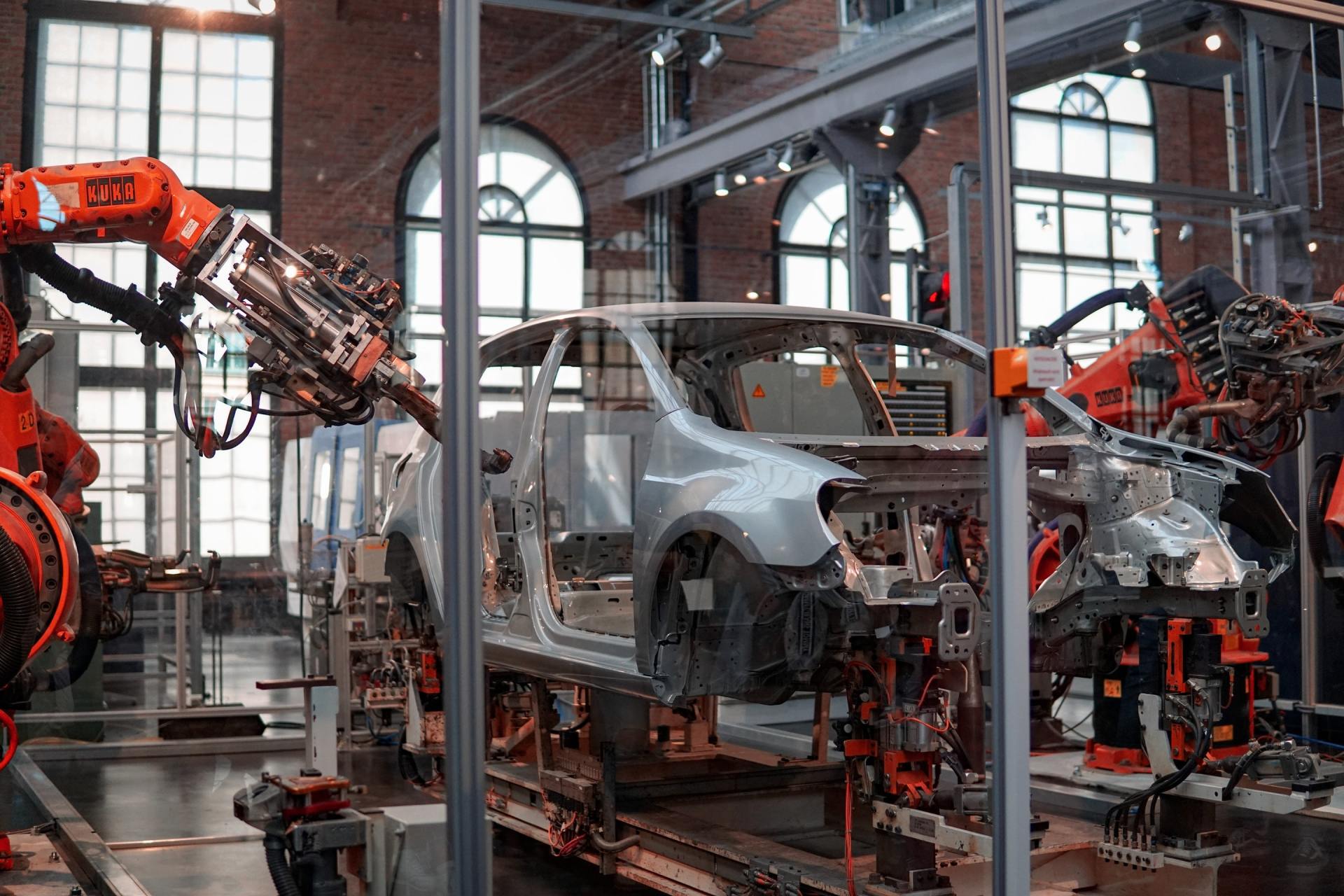
Smart factories are becoming a reality with innovative technology that is surrounding us in our every-day lives. You may be wondering what a smart factory is? A smart factory is a factory that has been fully transformed by integrating and collaborating emerging technology into manufacturing systems. However, it’s not a one step process, moreover it’s about implementing a combination of technologies and solutions to improve the factory.
The real concern, is that customers are increasingly expecting mass customisation of products amongst mass production that is already being experienced in many factories globally. The use of smart manufacturing is making way for manufactures to be able to meet both expectations of mass customisation and mass production. Such technology enabling smart manufacturing includes artificial intelligence, blockchain, the industrial internet of things (IIoT), and robotics. The implementation of technology is not necessarily about the technology itself but about the data collected and the insights that can be developed.
How The Internet Of Things Is Helping
The internet of things isn’t a new concept, it has been around for roughly a decade. The industrial internet of things (IIoT) is however an extension of this, which applies to the manufacturing industry. A report published by Markets and Markets on IoT in manufacturing markets stated that the market size of IoT in the manufacturing industry will rise to USD $45.3 billion by 2022.
There is a significant need for IoT to be more widely implemented into the manufacturing industry. This includes the numerous benefits of predictive maintenance, agile production, and a greater need for operational efficiency and control. As mentioned before, the manufacturing industry needs to find a way to enable increased production demands while meeting greater mass customisation of products. Smart manufacturing is making the way to allow manufacturing companies to be able to meet the increasing demands of the industry.
The Potential Of AI & Robotics Together
Artificial intelligence (AI) and robotics are now coming together, both concepts complement one another unlocking further potential benefits. AI in itself has the potential to collect and generate large amounts of data at a low cost. Coupled with robotics AI has enabled robots to take perception-based decisions, although AI has many other uses as well such as predictive maintenance. As you may be able to see, it’s not simply about one technology working alone, it’s about technology being used in conjunction to fully utilise its potential.
As robotics are becoming more widely used particularly within the automotive industry, robots are becoming more intelligent allowing them to complete more than a single task at a time. As AI and robotics are slowly being implemented into the manufacturing industry, robots will begin to become more autonomous, allowing them to make smarter decisions and respond to various situations on a real-time basis. For example, this is seen by a type of robot called collaborative robots. Ultimately, they are able to work alongside humans to support them and learn from the tasks being undertaken. This enables the robots to learn how to perform the task by themselves with the exact same amount of precision.
AI can also be used to enhance many manufacturing processes. AI capabilities will enable manufacturing systems to respond in real-time without human interference. Such technology enables mass customisation, greater automation, implementation of smarter robots and responsive machines. These solutions are reshaping the manufacturing industry and is leading the industry into the 4th industrial revolution.
The Influence Of Blockchain
Although the main focus is not on blockchain in the manufacturing industry, it can be beneficial in the supply chain process. Many still relate blockchain to cryptocurrency alone. It is only recently the full potential of blockchain technology is coming to light. Blockchain can be applied to almost any industry in numerous ways. Blockchain has the potential to maintain quality throughout the supply chain by allowing concerned entities to view and make entries to the ledger ensuring each step of the product’s journey is maintained to the standard it is meant to.
It’s estimated by Statista that the augmented reality (AR) market will grow to be worth US $198 billion by 2025. There are already a growing number of manufacturers who implement AR into their factories simply for training their employees. The experience makes training hands on, while also allowing employees to resolve problems with machinery and conduct repairs where necessary easily and safely. Deloitte points out that 10% of fortune 500 companies have already began exploring options for utilising AR or VR solutions. It’s in fact predicted by Gartner that by 2020, 20% of large enterprises will evaluate and adopt such solutions including augmented reality, virtual reality and mixed reality solutions into their digital transformation strategy.
It’s only a matter of time before all industries embrace the technology that we see emerging. Using the advanced technology as mentioned above, allows endless benefits for companies to be unlocked. Manufacturing companies in particular that are labour intensive should without a doubt be embracing the idea of smart factories becoming a reality with emerging innovative technology.
Share Our Post.
Awards & Recognition

Best Temperature Monitoring Solution Provider
Awarded by India Biologics & Vaccines Outstanding Industry Awards 2022

Adapt Ideations Recognised As A Supply Chain Leader
by Alcott Global on Supplify's Supply Chain Tech Map 2.0

Related Articles.

